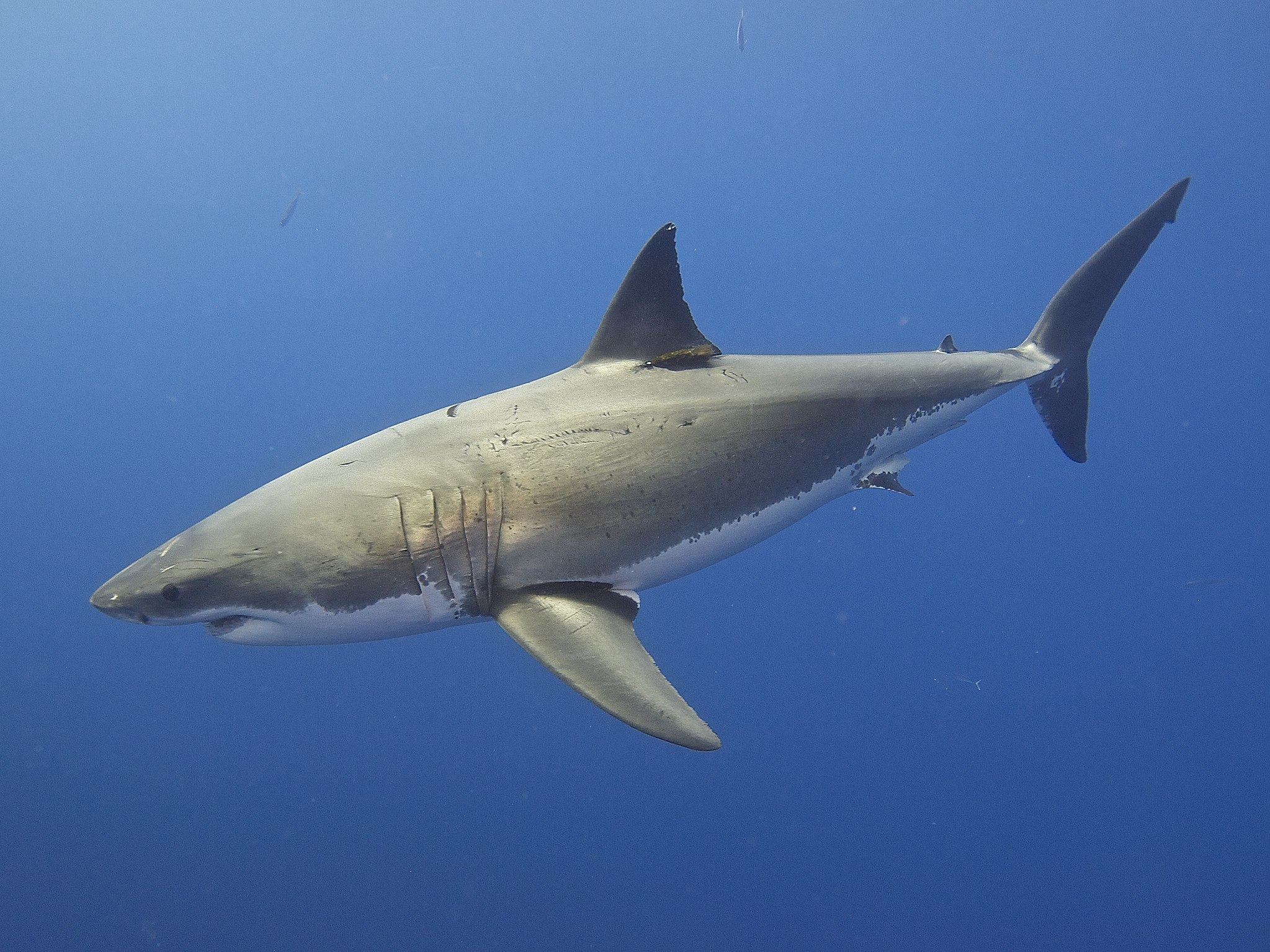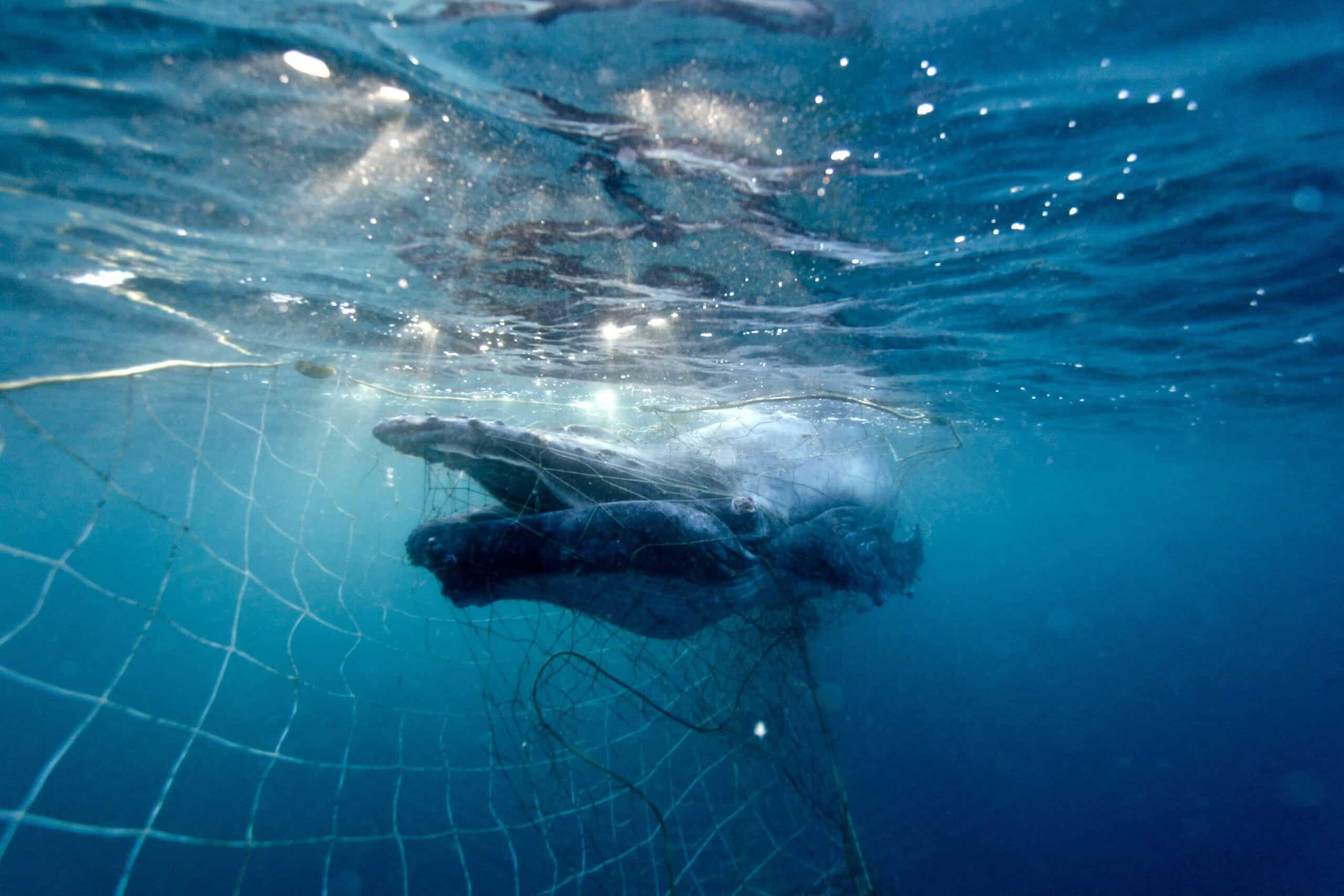Research shows that Australia’s great white sharks are highly related to each other and may consist of fewer than 500 breeding animals. SYDNEY, 24 June 2025: Latest research has found Australia’s great white shark population is much smaller than expected, increasing their vulnerability to further population threats. The population...
China is at the center of the dog meat industry, with as many as 10 million dogs slaughtered each year for human consumption. We are committed to abolishing the whole cruel, unscrupulous practice and enterprise, and last weekend, we put yet another dent in that rickety façade. Members of China Animal Protection Power, a coalition of local groups organized by Humane Society International, rescued 320 dogs in a truck bound for Jilin, the second largest dog meat market in China.
The dogs had been on the truck for 12 hours at least, enduring the summer heat, with no access to food and water. All were friendly and social, says Peter Li, HSI’s China specialist, suggesting they could have been household pets who were very likely stolen. Activists found that four of the dogs had already delivered premature puppies on the truck.
The rescue operation was significant for many reasons: the truck was stopped very close to the dog meat market and – in an unusual development – the activists persuaded the trader to sign the dogs over to their care without paying him a penny. This is also CAPP’s first successful rescue operation so close to Jilin, a major hub of China’s dog meat industry where dog meat traders have a strong presence. The rescue was completed within 24 hours because it was efficiently and successfully coordinated by activists from several cities in China.

The dogs are now receiving medical care and will eventually be placed for adoption within China. Above, one of the dogs rescued from the truck. Photo by CAPP
The number of Chinese who actually eat dog meat is far from a majority of the people in the world’s biggest nation – an HSI poll showed that 70 percent of Chinese have never once eaten dog meat. China does not have dog farms and the industry is at best opportunistic and at worst criminal – with most of the dogs slaughtered for food consisting of stolen pets. But even while the percentages are small, the total amount of killing is too large to fathom. The much publicized Yulin dog meat festival is just a tiny piece of the country’s dog meat trade. To make a real difference, our fight against the dog meat trade goes on year round – a task undertaken by CAPP with HSI support – by confronting dog meat traders, meat markets, and trucks bound for slaughter. Last week, our partner groups in China succeeded in getting the mayor of Yulin barred from a high-profile forum in Beijing, in protest of his failure to end the mass dog slaughter in the city.
The rescue in Jilin comes on the heels of our work in June to end the Yulin festival where we rescued 171 dogs and five cats from slaughter in the meat markets. Elsewhere in Asia, our work to shut down dog meat farms in South Korea continues, with five meat farms closed and hundreds of dogs rescued so far and many adopted out to homes in the United States and Canada. HSI India recently launched a campaign to end the dog meat trade in Nagaland, a state in India where 30,000 stray and stolen pets are sold in live markets and beaten to death with wooden clubs.
The dogs rescued from the truck bound for slaughter in China are now being cared for at a facility where they are receiving medical care and will eventually be placed for adoption within China. The nightmare for these dogs is over, but we will not rest until we have made sure that no dog anywhere in the world dies a cruel death on the butcher’s block.


